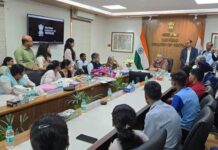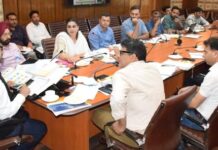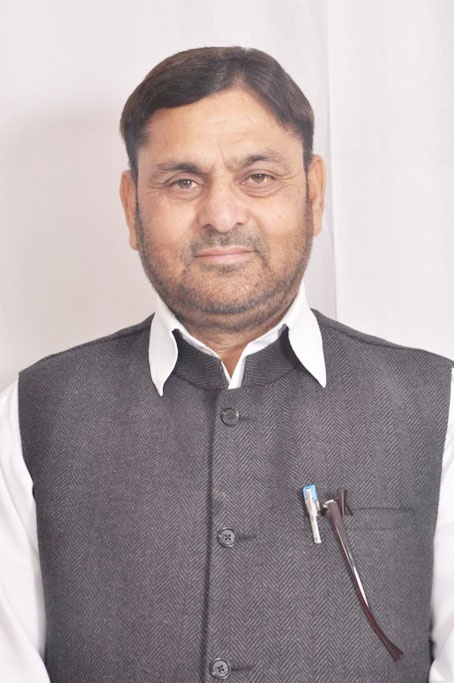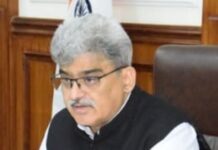Sahil Aggarwal
(Editor In Chief)
Madan Lal Sharma: A Legacy of Dedication and Service
Madan Lal Sharma, a distinguished Indian politician and senior leader of the Indian National Congress (INC), dedicated his life to the welfare and development of Jammu and Kashmir. Born on April 22, 1952, in Jammu, he emerged as a pivotal figure in the region’s political landscape, advocating tirelessly for his constituents’ rights and progress.
Political Journey and Contributions
Sharma’s political career commenced with his election as a Member of the Legislative Assembly (MLA) from the Chhamb constituency. His commitment to public service and effective governance led to his re-election, during which he served as a minister in the state government. In 2002, he was elected from the Akhnoor constituency and held ministerial positions in the People’s Democratic Party (PDP)-Congress coalition government.
In 2004, Sharma was elected as a Member of Parliament (MP) representing the Jammu-Poonch Lok Sabha constituency, a position he held until 2014. Throughout his tenure, he prioritized infrastructure development, education, healthcare, and social welfare, significantly contributing to the region’s growth.
Community Development Initiatives
Demonstrating a deep commitment to grassroots development, Sharma utilized the Members of Parliament Local Area Development Scheme (MPLADS) to fund various community projects. Notably, he inaugurated a community hall in Patyari, block Khour, constructed at a cost of ₹14.12 lakh, providing a vital space for local gatherings and events. He emphasized the importance of holistic development in both urban and rural areas, advocating for improvements in water supply, sanitation, education, and healthcare. Sharma also urged community leaders to monitor and ensure the effective implementation of government schemes, fostering transparency and accountability.
Preservation of Cultural Heritage
Sharma was instrumental in preserving and promoting the rich cultural heritage of Jammu and Kashmir. His efforts were particularly evident in the conservation of the historic Buddhist site at Ambaran in Akhnoor. Recognizing its significance, he worked towards placing Ambaran on the national map of Buddhist tourism, highlighting the region’s diverse cultural legacy.
Family Legacy and Continued Service
The legacy of public service continues through his son, Satish Sharma, who has been actively involved in politics. Satish Sharma currently serves as the Minister for Food, Civil Supplies & Consumer Affairs, Transport, Science & Technology, Information Technology, Youth Services & Sports, and ARI & Training in the Jammu and Kashmir government. He has carried forward his father’s vision, notably inaugurating a 40-day photo exhibition on Ambaran titled “The Historical Buddhist Citadel” at the National Museum in New Delhi. This initiative aimed to promote Akhnoor’s cultural heritage and included photographs by veteran photographer Vijay Kranti and his son Akshat Kranti. During the event, Satish Sharma acknowledged his father’s efforts in preserving the historic site and reiterated the government’s commitment to promoting the rich cultural heritage of Jammu and Kashmir.
Final Years and Legacy
Despite facing electoral defeat in the 2014 Lok Sabha elections, Sharma’s dedication to public service remained unwavering. He continued to engage with the community and advocate for development initiatives until his passing on December 23, 2020, at the age of 68. His death marked the end of a significant chapter in Jammu and Kashmir’s political history.
Madan Lal Sharma’s life was characterized by an unwavering commitment to the people of Jammu and Kashmir. His infrastructure development, cultural preservation, and social welfare efforts have left an indelible mark on the region. As the community remembers his contributions, his legacy continues to inspire future generations to work toward the betterment of society.






















